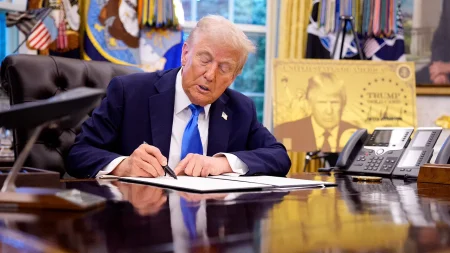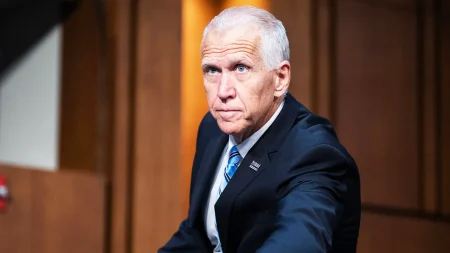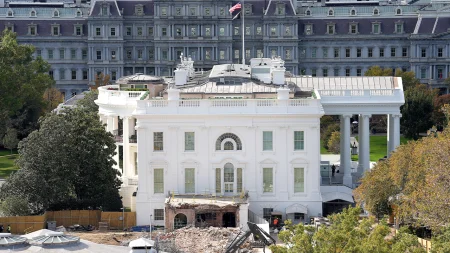Radio Free Asia’s Controversial Equipment Selloff Amid Funding Dispute
Radio Free Asia (RFA), a nonprofit news organization fully funded by American taxpayers to the tune of $60 million annually, has recently found itself at the center of a heated controversy. The organization, which produces news content throughout Asia, claimed to be suspending operations due to a funding lapse during the government shutdown. However, what has raised eyebrows and sparked outrage is their decision to auction off significant amounts of expensive broadcast equipment at startlingly low prices. This selloff, occurring even as their website went dark, has led to accusations of spite and waste of taxpayer resources, creating a contentious situation between the organization and its government overseers.
The scale and pricing of this equipment liquidation are particularly troubling to critics. Fox News discovered listings on Rasmus Auctions showing RFA-branded broadcast gear being offered at what could only be described as fire sale prices. High-definition cameras that would typically cost thousands were listed for less than a dollar, professional teleprompters for ninety cents, specialized lenses for under a dollar, and even office refrigerators for as little as twenty cents. With more than a thousand pieces of equipment placed on the auction block, the selloff represents a substantial portion of the organization’s technical infrastructure being liquidated at a tiny fraction of its value, raising serious questions about financial stewardship of taxpayer-funded resources.
The situation has prompted swift and stern reactions from government officials responsible for oversight of RFA’s operations. California Congressman Darrell Issa, who had been working to restore the organization’s funding, condemned the auction as a “betrayal to American taxpayers” and expressed unprecedented concern about what he characterized as “belligerence” from an entity entirely funded by government money. Similarly forceful was the response from Kari Lake, Deputy Executive at the U.S. Agency for Global Media, which oversees RFA. Lake flatly disputed RFA’s explanations for the selloff, stating, “Everything they said was not true. We are funding them. We’ve given them every single penny appropriated to them.” She further characterized the pricing of equipment as “a slap in the face to taxpayers” and promised immediate action, including a team of auditors being sent to investigate RFA’s operations.
When confronted about the controversial equipment sales, Radio Free Asia attempted to justify their actions by pointing to previous budget cuts under the Trump administration and the current government shutdown as forcing them into difficult financial decisions. In their official statement, RFA claimed they were “shedding equipment we can no longer use, while retaining key personnel and assets” to “responsibly position RFA to continue editorial operations that hold the Chinese Communist Party and other authoritarian governments to account.” They framed the selloff as a strategic move to reduce operational costs and set up for “long-term success,” adding that their plan was to “build back once Congress and the Administration resolve our funding issues.” These explanations, however, were directly contradicted by government officials who insist that RFA has received all appropriated funding.
The dispute has escalated to the point where oversight authorities are taking formal action. In a strongly worded letter sent to RFA, Kari Lake declared “the insanity ends now” and instructed the organization to prepare for an immediate audit team visit “to find out what on earth is going on at RFA, as permitted under the grant agreement and applicable regulations.” This development signals a significant breakdown in trust between RFA and its government funders, with potential implications for how similar organizations might be monitored in the future. The situation represents an unusual level of public conflict between a government-funded media entity and its oversight body, highlighting tensions over accountability for taxpayer resources.
Despite the controversy and the ongoing equipment liquidation, RFA maintains that it hopes to restart its news operations if Congress restores its funding. In follow-up comments, the organization insisted that they still possess sufficient equipment to continue operating should funding be provided moving forward. This assertion, however, seems at odds with the extensive nature of the equipment selloff, which includes core broadcasting tools necessary for professional media production. The situation raises important questions about the appropriate balance between organizational autonomy and accountability when it comes to government-funded media entities, particularly those operating in the sensitive sphere of international broadcasting aimed at authoritarian regimes. As the audit moves forward and Congress weighs its funding decisions, the outcome of this dispute may establish precedents for how similar situations are handled in the future.













